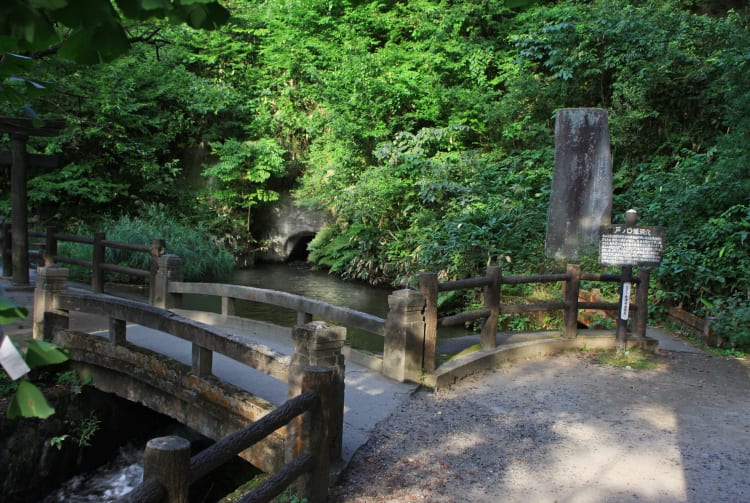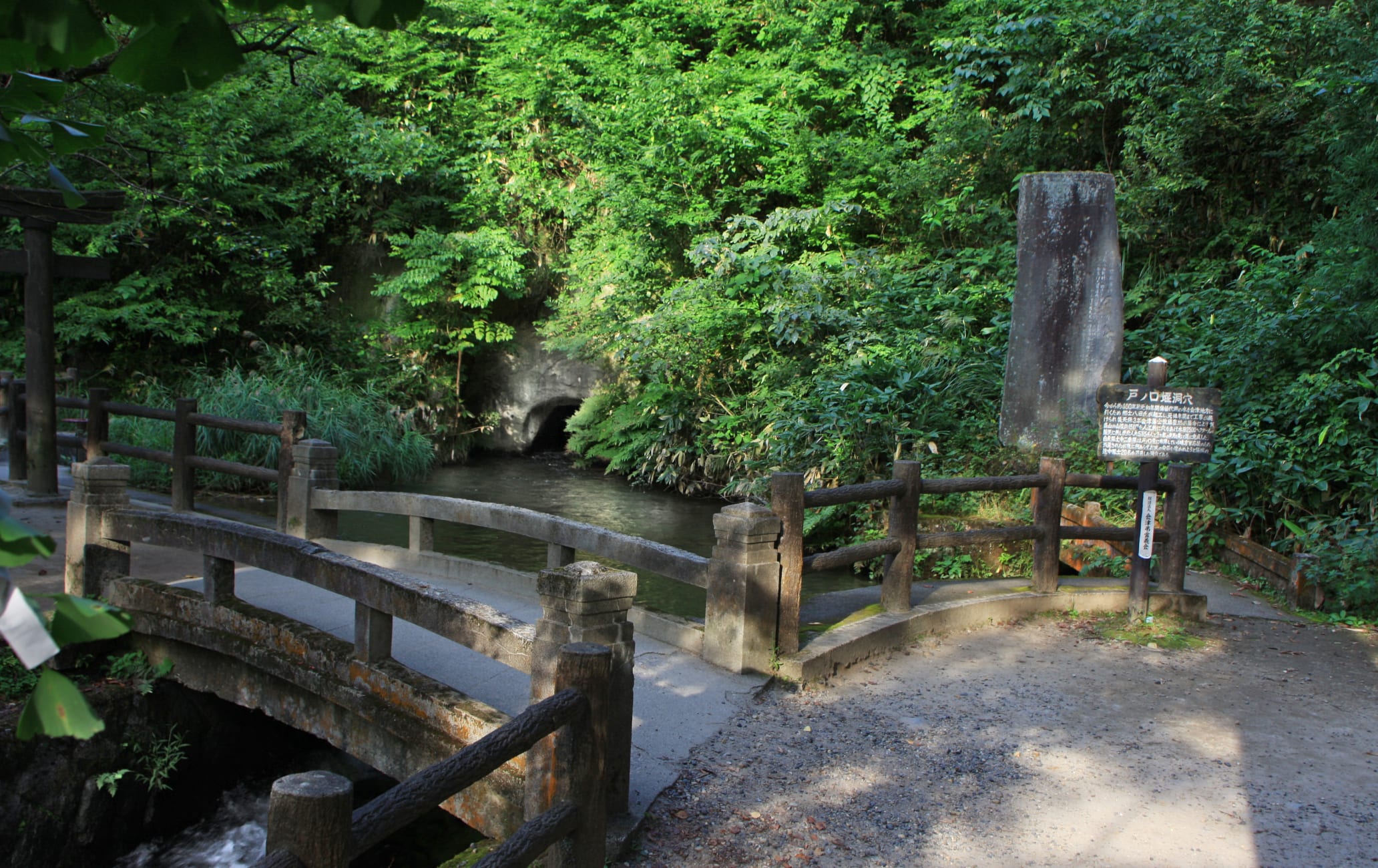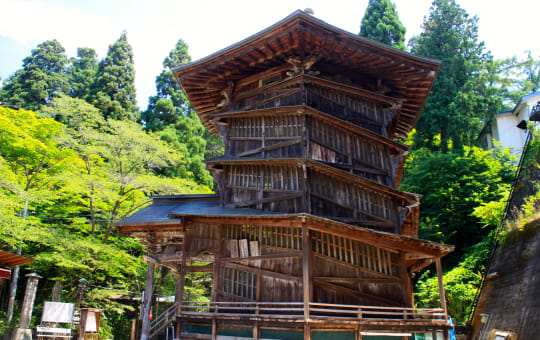Home to the tragic tale of the Byakkotai warriors
Mt. Iimori overlooks much of Aizu, including a clear view of Tsuruga Castle . It is an important site for the Aizu people because this is the place where 19 young men of the Byakkotai (White Tiger Brigade) committed ritual suicide during the Boshin Civil War in 1868.
Their tragic decision has been depicted in films, TV series and other media.
Quick Facts
You can climb stairs to the top or take the moving walkway
Memorial services are held in April and September every year
Sazaedo is a temple of rare construction with a double-helix staircase
How to Get There
From Tokyo take the JR Tohoku Shinkansen to Koriyama Station, where you will transfer to the Ban-etsu West Line to Aizuwakamatsu Station. The whole trip takes about three hours from Tokyo. From Aizuwakamatsu Station, take the Aizu Wakamatsu Town Bus to Iimoriyama-shita bus stop, which arrives in just a few minutes.

Young and loyal samurai in despair
The Byakkotai was a military unit of over 300 young men aged 16 to 17, mostly sons of samurai. A memorial on Mt. Iimori marks the spot where 19 of the young warriors took their own lives.
Survival story
One member survived his attempted suicide, and his story has immortalized the Byakkotai in literature and film. There is an inscribed monument which reads: “No matter how many people wash the stones with their tears, these names will never vanish from the world.”
In 1928, Mussolini donated a column from Pompeii as a display of his admiration. Two museums are located at the foot of the hill, which tell their story.
Around Mt. Iimori
You can also visit Sazaedo , a temple of rare construction with a double-helix staircase that is a designated National Important Cultural Property.

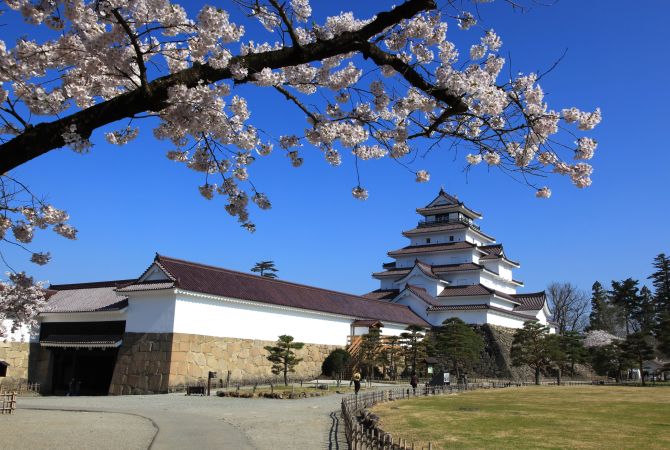
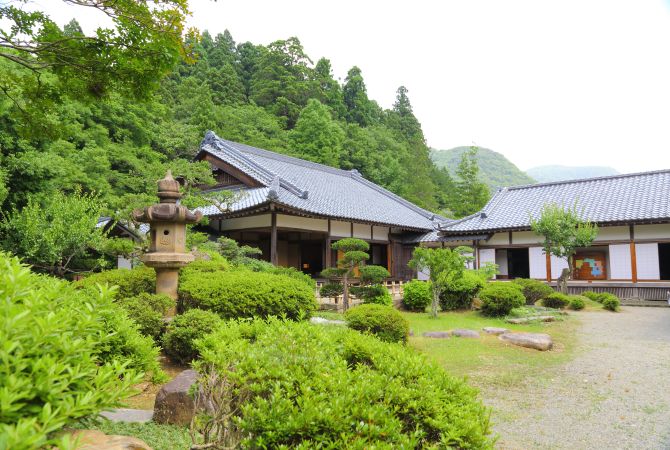
You can also ride the Aizu Wakamatsu Town bus and visit other sights such as Tsuruga Castle and the Fukushima Museum.




















































